No matter how many muses inspired them, certainImpressionist artistsare associated with a single, signature subject.
Background
In the 1870s, Degas helped pioneerImpressionism.
Like his fellow French artists, he employed quick brushstrokes and used vivid color in his paintings.
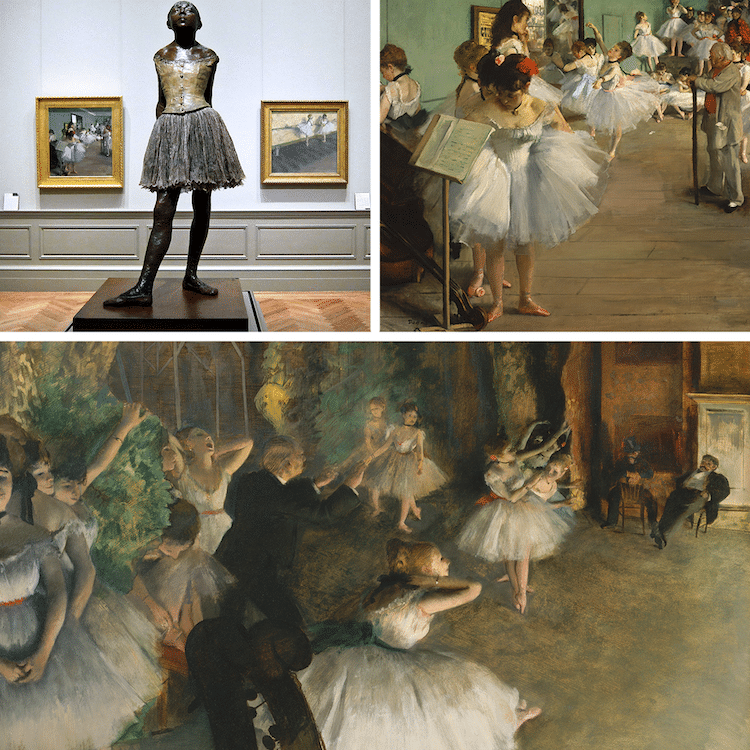
Unlike other Impressionists, however, Degas was not preoccupied with light and nature.
Instead, he was fascinated by movement and peoplemaking ballerinas his ideal subject.
People call me the painter of dancing girls, Degas told Parisian art dealer Ambroise Vollard.
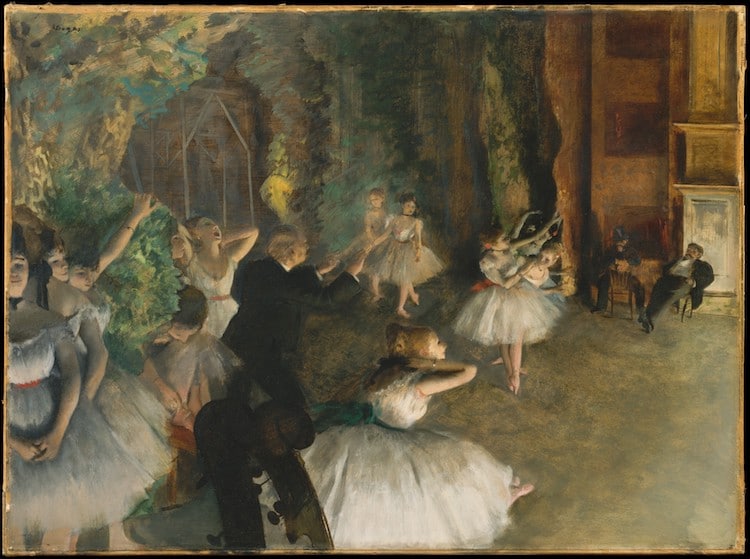
‘The Rehearsal of the Ballet Onstage' (c. 1784) (Photo viaMet MuseumPublic Domain)
He also invited ballet dancers to pose in his studio, allowing him to document theirpirouettesandplieswith unprecedented precision.
Drawings
Degas' pastel drawings of dancers are among his most well-known works.
Degas sculpted the wax figurine in 1880 and exhibited it at the sixth Impressionist exhibition the following year.
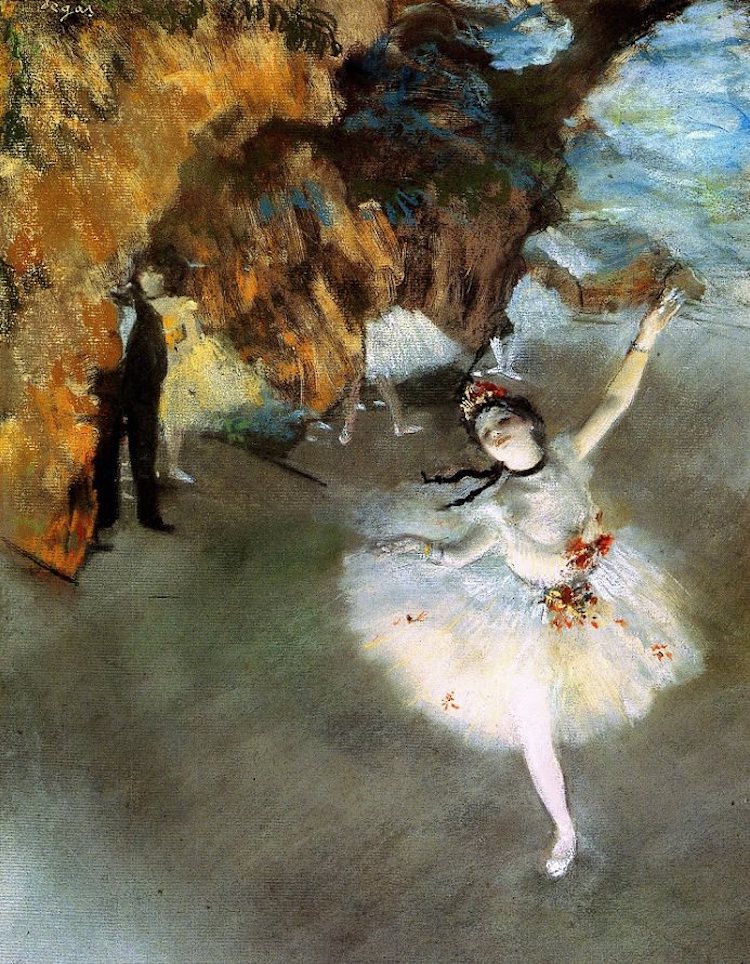
‘The Star' (1878) (Photo viaEdgar-Degas.netPublic Domain)
The 40-inch sculpture is modeled after Marie van Goethem, a French ballet student.
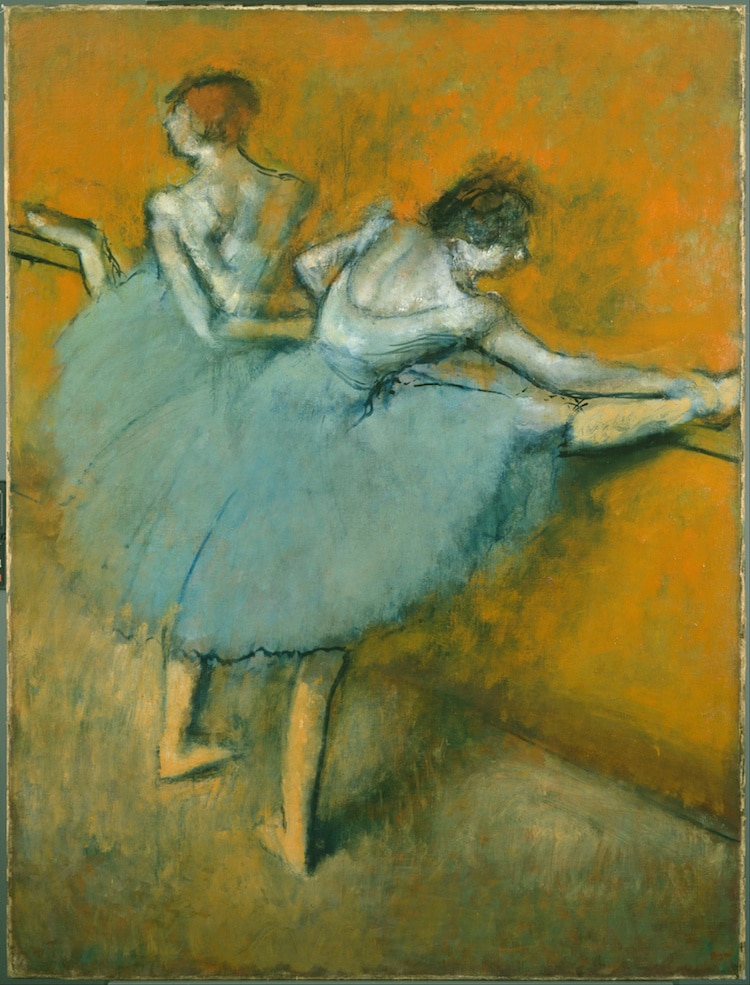
‘Dancers at the Barre' (c. 1900) (Photo: Google Art Project viaWikimedia CommonsPublic Domain)
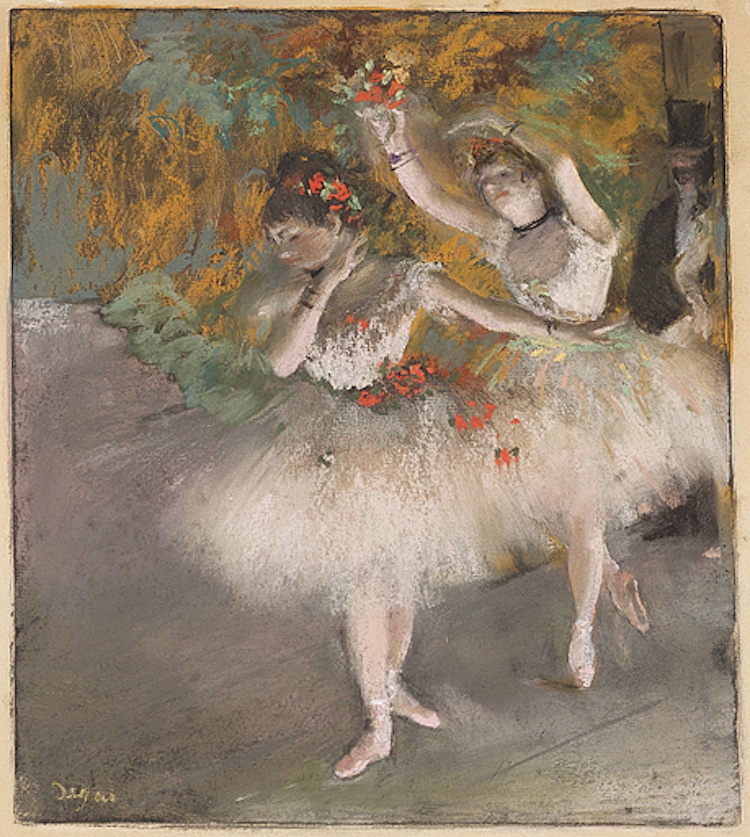
‘Two Dancers Entering the Stage' (c. 1877-1878) (Photo:Harvard Art MuseumviaWikimedia CommonsPublic Domain)
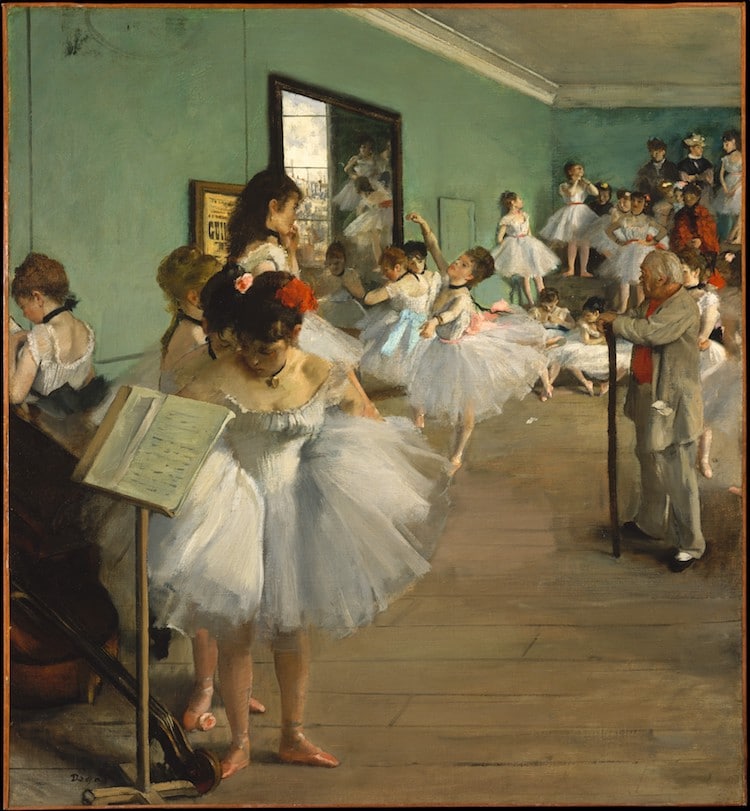
‘The Dance Class' (1874) (Photo:The Metropolitan Museum of ArtviaWikimedia CommonsPublic Domain)
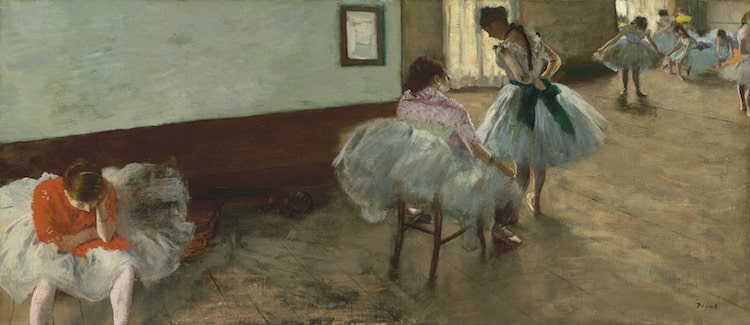
‘The Dance Lesson' (c. 1879) (Photo:National Gallery of ArtviaWikimedia CommonsPublic Domain)
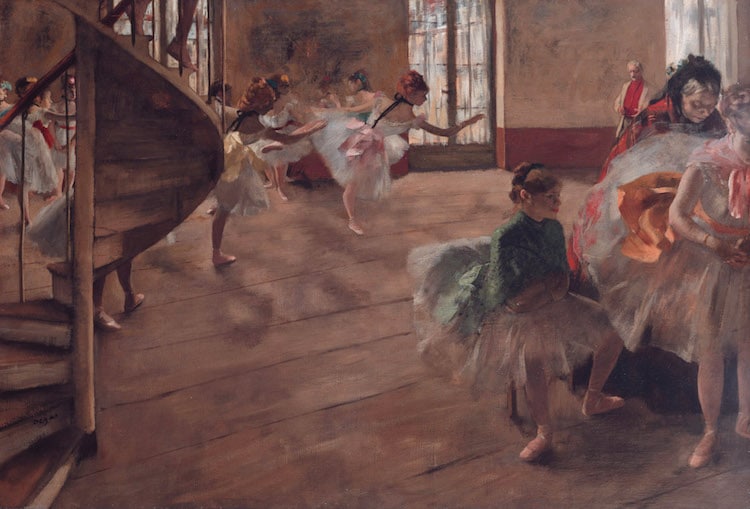
‘The Rehearsal' (1874)(Photo: ArtDaily.org viaWikimedia CommonsPublic Domain)
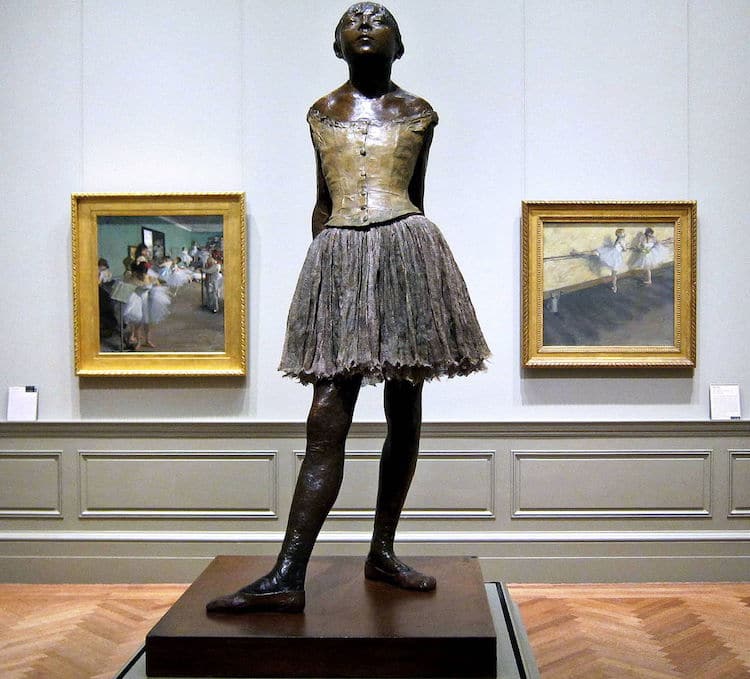
‘Little Dancer – Aged Fourteen' (Photo:AgnosticPreachersKidviaWikimedia CommonsCC BY-SA 4.0)